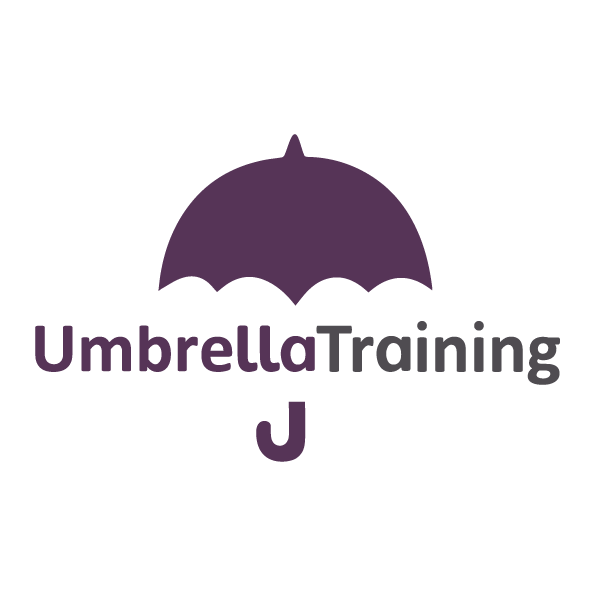Why are mentors important - Harry Murray MBE.MI.FIH #NationalMentoringDay
I am a great supporter of mentoring which has played a huge role in my career firstly as a mentee which helped to develop my own career during the early years.
My first mentor encouraged me to apply for membership of the Master innholders and to become chairman of this prestigious association four years later.
This support gave me huge confidence and greatly enhanced my career.
Because of my own success I had no hesitation in chairing the Master Innholders Mentoring programme whereby experienced hoteliers mentored less experienced St Julian Scholars. Many of these scholars are now senior leaders in the hospitality industry.
Nobody sees the world like you do and this is what makes mentoring so unique. It gives you the opportunity to share your values and experience with less experienced people.
I have also been impressed with the enormous success of the award winning company Umbrella Training who arranged for senior leaders in hospitality to mentor their apprentices during the whole period of lockdown.
Mentoring is a win, win initiative, a win for the mentor who has great deal to offer, and it is very rewarding to see your protégé progress.
It is also clearly a win for the mentee who could follow in the path of a wiser more experienced colleague who can open doors to otherwise out-of-reach-opportunities.
Mentoring differs from coaching, a mentor is voluntary who steers a mentee into assignments that will draw their attention to their senior management, it is also a long-term programme, and the mentee is responsible for their own learning. A coach is a paid role who teaches specific skills and is usually a short -term assignment and is accountable for the learning. A mentor listens a coach directs.
A core principle of the mentoring relationship is that the mentor helps the mentee work out the best course of action and is always supportive and non-judgemental.
Mentees must remain responsible for their own actions; mentors are responsible for giving advise that is unbiased and accept that it may not be followed. Mentoring needs careful planning to ensure the right match of Mentor and mentee. I also recommend training for the mentor to ensure they fully understand their role.
DO AND DONT’S OF MENTORING.
Do listen carefully to the needs of the mentee
Do set long term goals if appropriate
Do ensure that the goals for each session are specific, agreed, realistic and measurable
Don’t continue the relationship if it is not working.
Don’t try to be a councillor and stray into therapy which is a highly specialised job
HOW TO GET THE BEST OUT OF A MENTEE
Be an extraordinary listener
Point out that they must come to the meeting with their own agenda
Develop trust and earn their respect
Make it clear that they are responsible for their own learning
Emphasise the need to set realistic goals
Emphasise the need to come to the meeting with an agenda
Monitor progress and give feed back





